News / Obelisk
- Details
- Written by AGESarmiento
-
Published: 01 March 2017
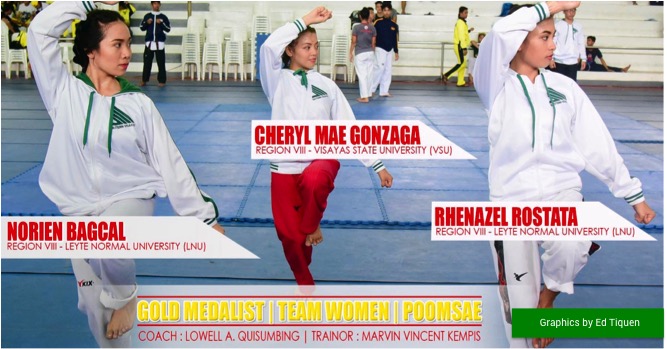
VSU athletes who represented Region 8 brought home medals for the team during the National Olympics of the State Colleges and Universities Athletic Association (SCUAA), at Batangas State University, Batangas City, February 19-February 24.
Read more ...- Details
- Written by KPRoca
-
Published: 01 March 2017
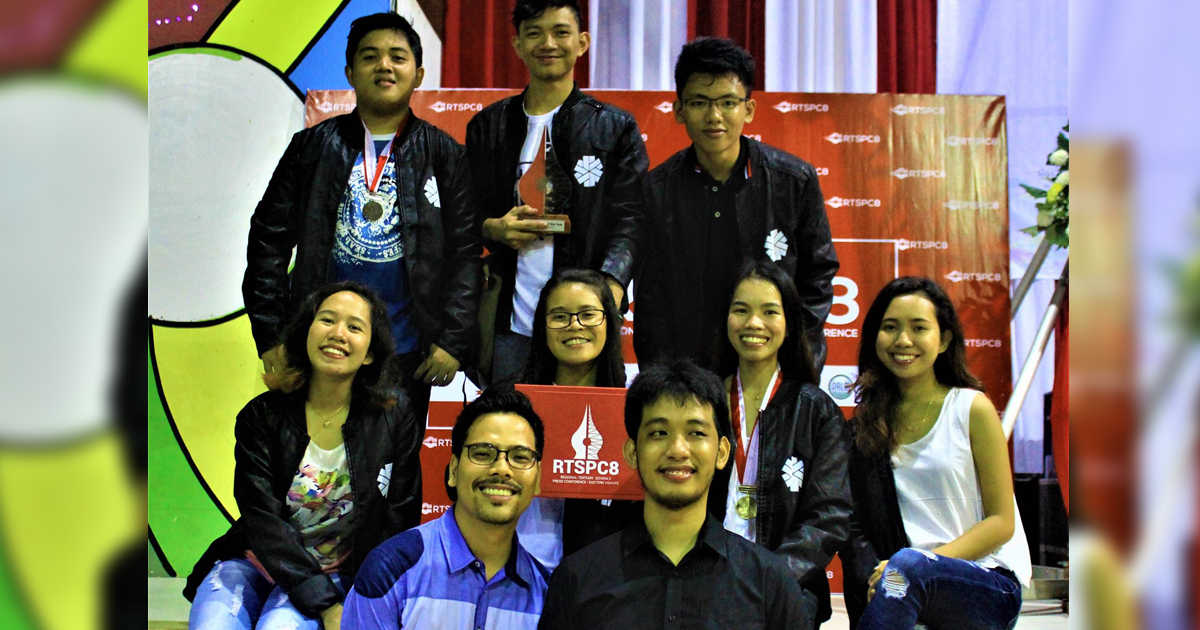
For two straight years, the Amaranth, VSU’s official student publication, has remained to be Region 8’s best campus press in the annual Regional Tertiary Schools Press Conference (RTSPC), at Christ the King College in Samar, February 22-25.
Read more ...- Details
- Written by KPRoca
-
Published: 21 February 2017
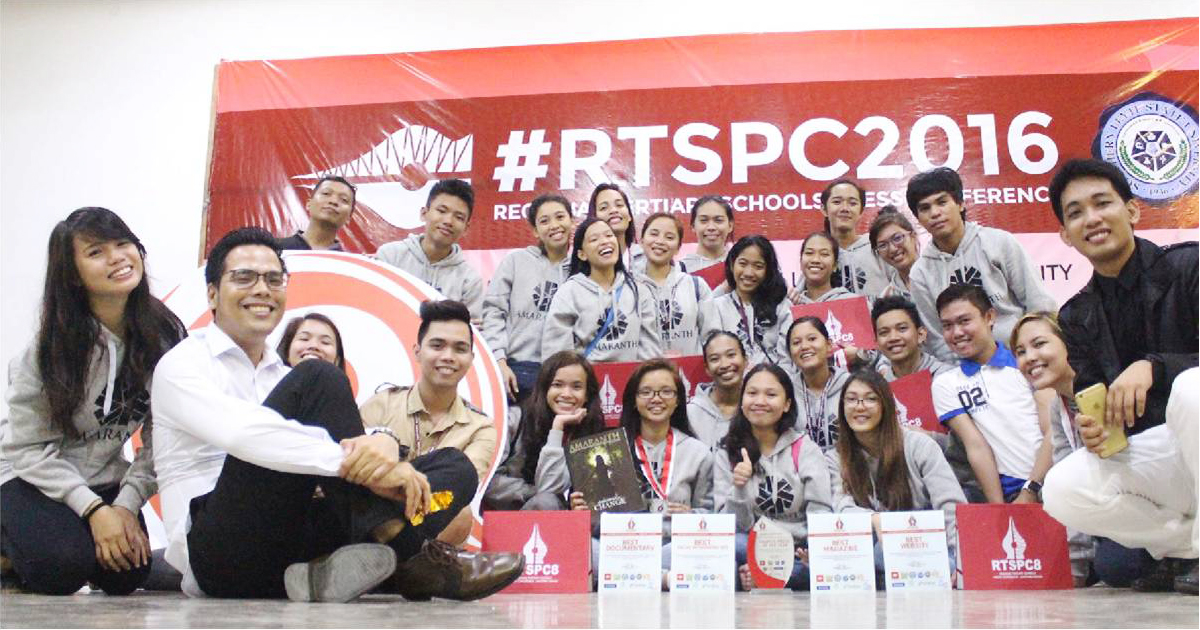
The Amaranth, the official student publication of VSU, is set to defend its title as ‘Region 8’s Best Campus Press’ in the 2017 Regional Tertiary Schools Press Conference (RTSPC) at Christ The King College, Samar, February 22-25. Read more ...
- Details
- Written by ELTBestil
-
Published: 28 February 2017
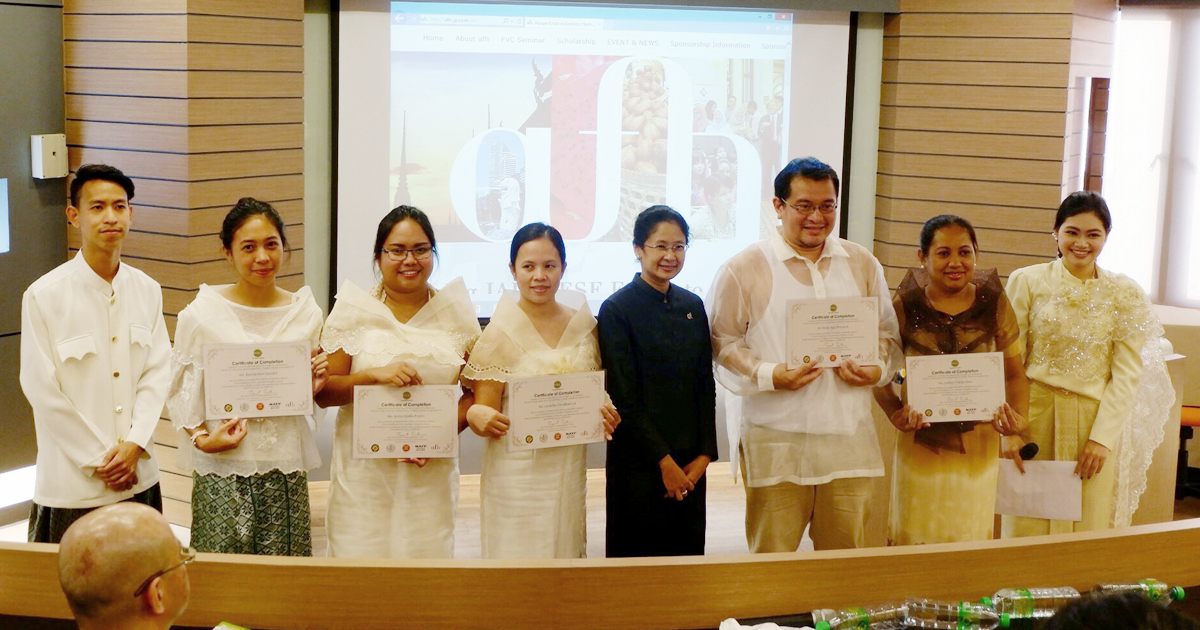
Graduate students and a faculty member of VSU’s Department of Food Science and Technology (DFST) came back with lessons from a training-workshop at Kasetsart University, Thailand, January 30-February 10.
Read more ...- Details
- Written by AGESarmiento
-
Published: 20 February 2017
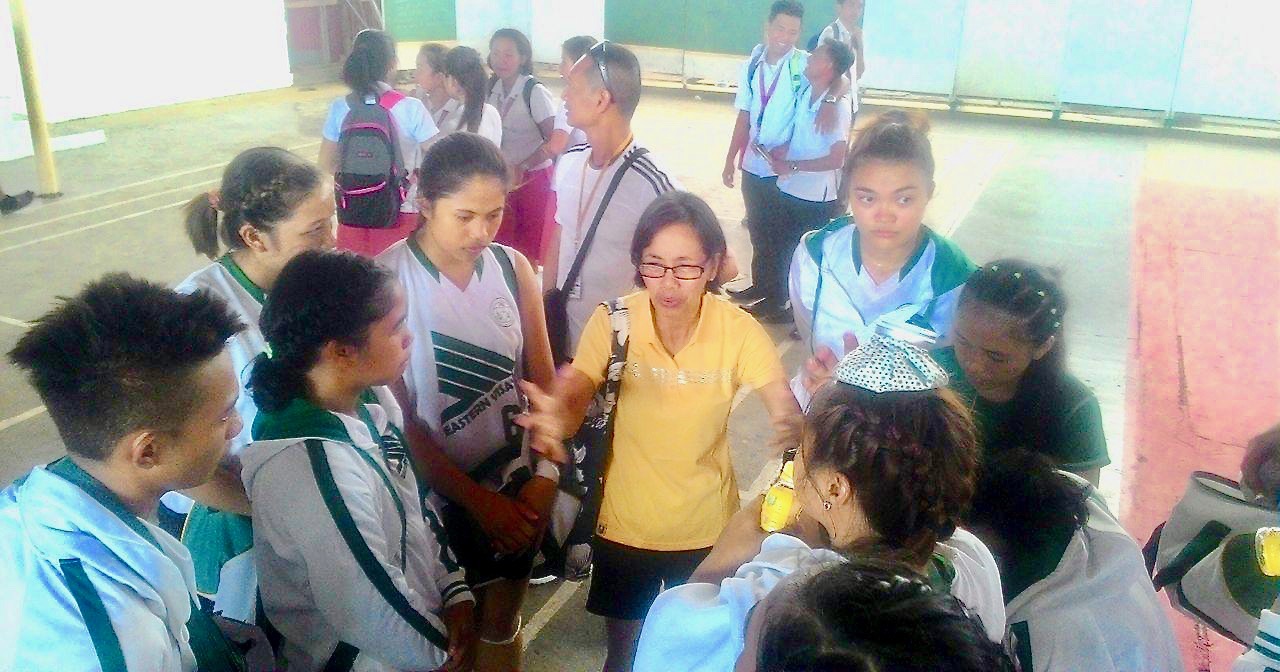
Some 28 students, 5 coaches, and 6 officials from VSU arrived at the Batangas State University (BSU) in Batangas City to represent Region 8 in the 2017 State Colleges and Universities Athletics Association (SCUAA) National Olympics, February 19-25.
Read more ...- Details
- Written by ELTBestil
-
Published: 27 February 2017
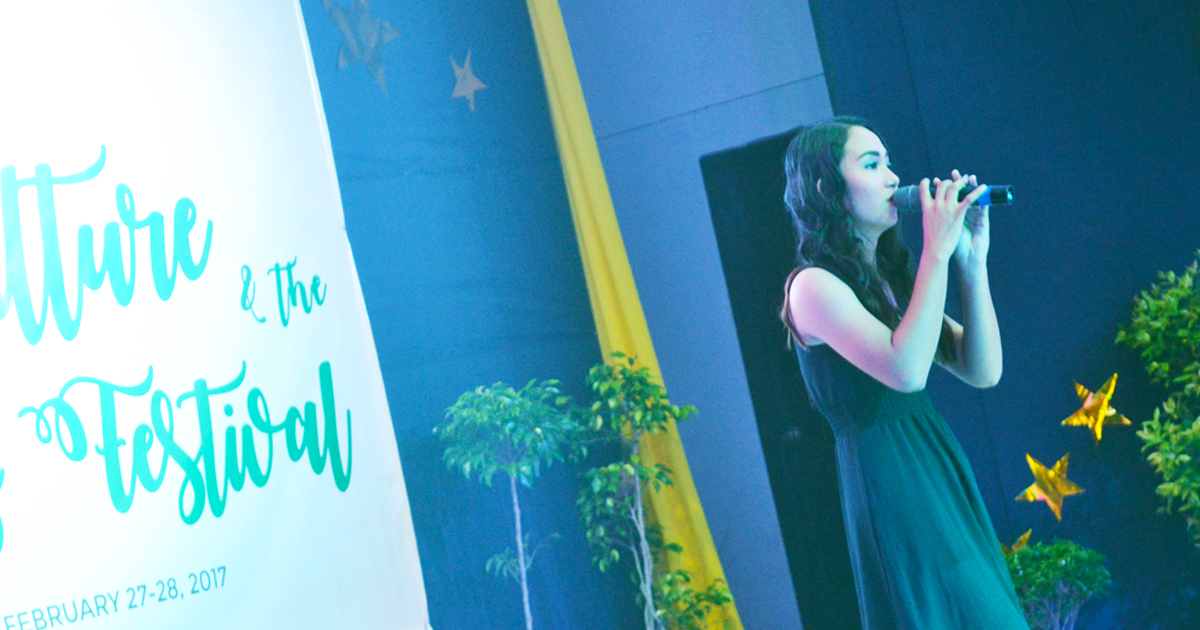
Everyone is invited to a feast for the eyes, ears, and soul at the first-ever Culture and Arts Festival at VSU, February 27-28.
Read more ...- Details
- Written by Kim Roca
-
Published: 20 February 2017
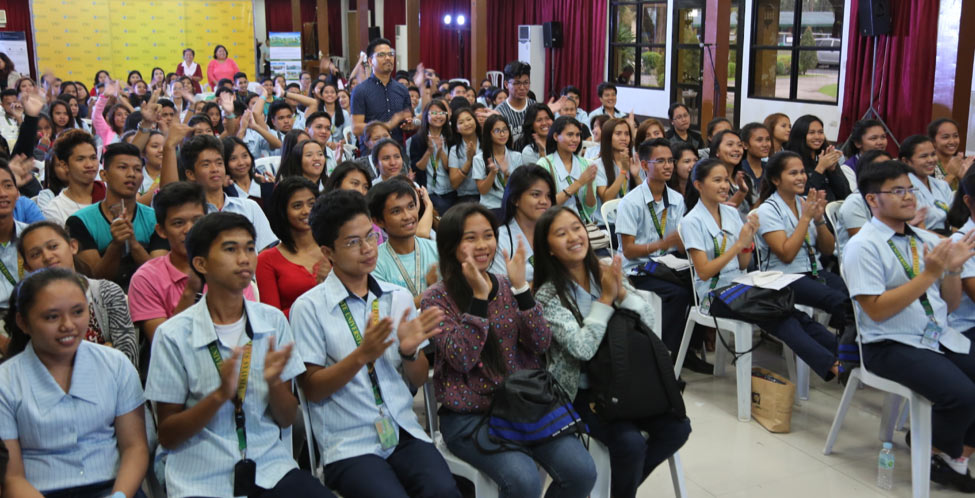
For the first time in 11 years, ABS-CBN, one of Philippines’ biggest broadcast networks, and the Philippine Association of Communication Educators (PACE) brought the Pinoy Media Congress (PMC) to Visayas via satellite broadcast at the Visayas State University, February 16-17.
Read more ...- Details
- Written by AGSarmiento
-
Published: 23 February 2017

Some people are living in an alternative reality owing to their consumption of alternative facts from fake news. You may be one of them. But that may hardly be your fault especially when the information appears to suit your opinions and are pretty much convincing.
Read more ...- Details
- Written by ELTBestil
-
Published: 17 February 2017
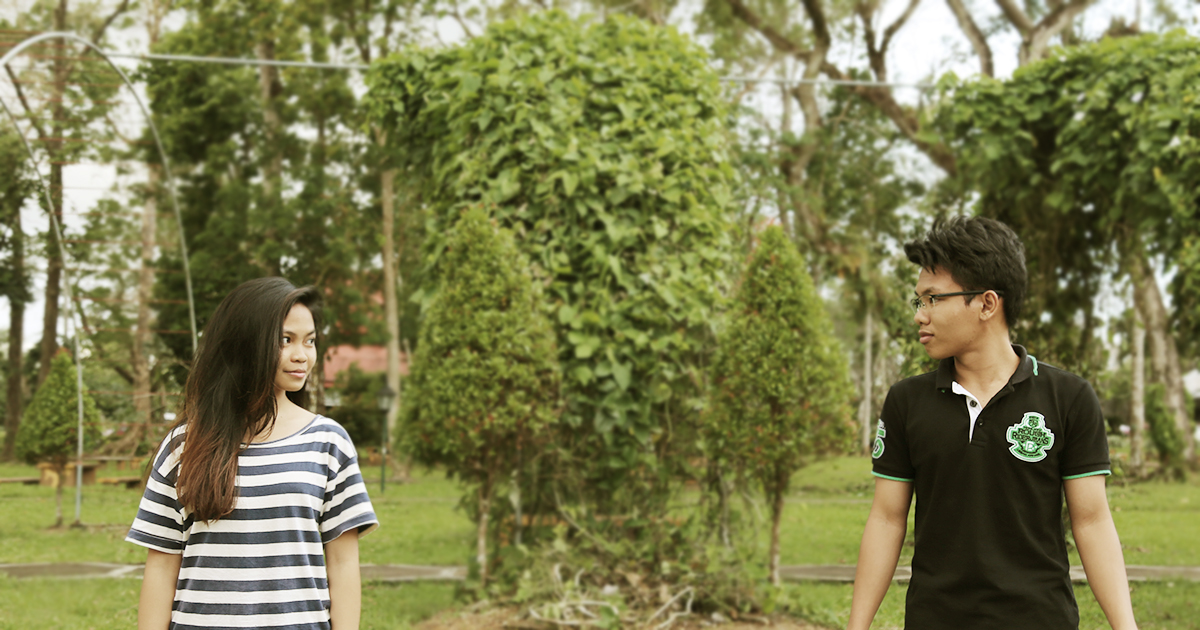
An intense heartbeat, flushed cheeks, sweaty palms, and a baffling feeling in between happiness and confusion are often indicators of falling in love. It is inexplicable, we say. But, is love really?
Read more ...
